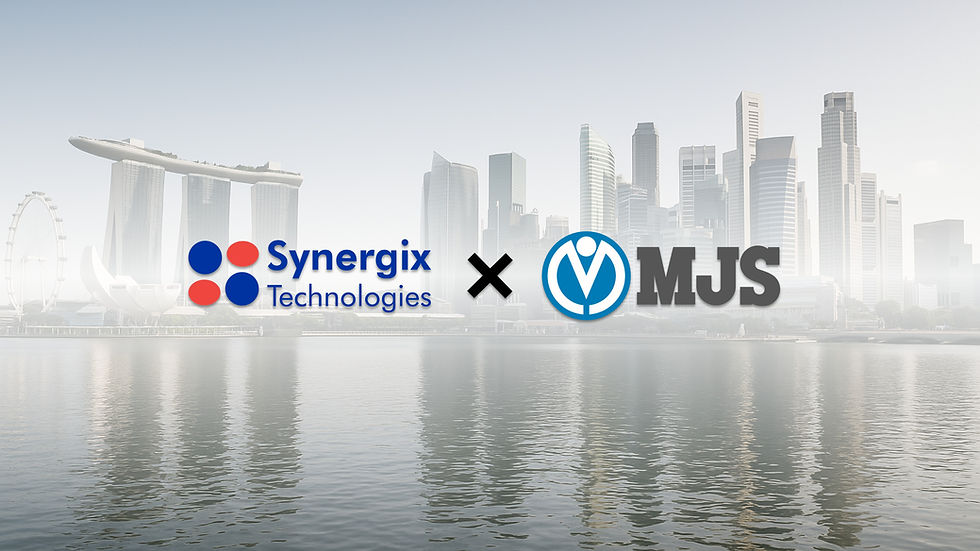Generative AI Use Cases Through Microsoft's Perspective
- Simeon Spencer
- Apr 28, 2023
- 2 min read
Updated: May 3, 2023

Microsoft and OpenAI's current leading position in the AI market also entails the responsibility of trailblazing use cases for generative AI and the required AI transformation to implement these AI-enabled solutions, lest AWS or GCP takes the lead. Microsoft likes to push the story that Azure remains the best option for cloud foundation to enable the deployment of AI solutions, nothing is really stopping companies from using the OpenAI API and AWS for the rest of their backend.
Although if OpenAI were to cease support for its API, the only alternative is the Azure OpenAI service supported by Microsoft. Companies that have strong AI use cases in mind would be wise to consider Azure as OpenAI could pull the plug for its API at any moment. Speaking of use cases for generative AI, we take a look at some of the use cases developed by Microsoft and its clientele:
Education
Ministry of Education in the UAE - developing an AI tutor for students.
Manufacturing
Liebherr-Components - co-developing a turnkey security solution with Reycom AG using Defender for IoT to embrace AI and IoT technology to mitigate supply chain disruptions.
Retail
Żabka - creating frictionless customer journeys using AI-powered real-time computer vision technology from AiFi and Microsoft Cloud for Retail for store analytics and insights to launch the largest autonomous store chain in Europe.
IPLAND - applying automated machine learning to increase image recognition speed and data collection for consumer goods companies looking to optimize their in-store product displays.
Mercedes-Benz - using conversational AI capabilities within Azure OpenAI Service to deliver customer service with Mercedes Virtual Assistant.
FUJIFILM - built its Cash Application service using Azure AI and Dynamics 365 to automate 20% of its manual invoicing processes.
Financial Services
Finvero: Utilizing cloud and AI solutions to democratize access to financial services in Mexico.
Thriday: Simplifying administrative tasks and improving financial management solutions using AI and machine learning to free up time for small business owners.
ClearSale: Combining advanced AI and human intelligence to ensure e-commerce purchases aren't being made by scammers or hackers.
Professional Services
KPMG: Giving employees access s to a proprietary version of ChatGPT within Teams so employees can safely explore and use the technology to drive innovation, boost efficiencies and improve the people experience.
EY: Developed a generative AI chatbot to modernize payroll employee care that can answer complex questions.
Generative AI use cases have measurable impacts and efficiencies as seen above. Contrary to popular belief, current AI use cases may not be as exciting as fully autonomous truck fleets but that can change given time. Despite how fast the generative AI industry is advancing, it is at its core still nascent with most use cases having less than 1% target market adoption, according to Gartner. If you want a glimpse of the full potential of generative AIs in the coming years, refer to the diagram below.
Existing and Upcoming Use Cases for Generative AI

This is by no means an exhaustive list of use cases for generative AI. As OpenAI models or other foundation models develop further, the timeline for the use cases above could be accelerated or just made obsolete as more comprehensive applications of generative AI appear. The main uncertainty here is if Microsoft and OpenAI will remain the trailblazers for these potential use cases or maybe another hyperscaler?





Comments